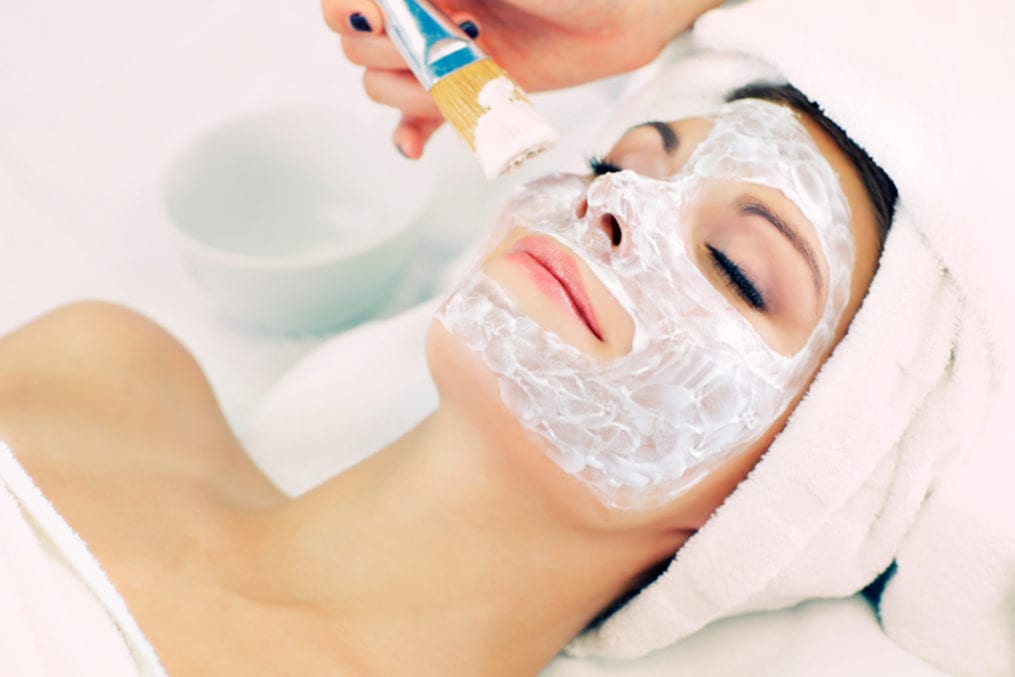8 ways to winter-proof your hair

As the nights grow colder and the mornings frostier, we can get a bit lazy when it comes to our beauty routine (particularly when all we want to do is eat mince pies in bed. No, just me?)
Ice-cold weather, rain, blustery winds and cranked-up central heating can all take their toll, resulting in a dry scalp and brittle, less-than healthy looking hair. Follow these top tips from the experts at Hairtrade to take care of your locks right through to spring:
1 Avoid ponytails
Wearing your hair down as much as possible will prevent the additional breakage that using a hairband creates. If you do go for a ponytail, make sure you wear it at slightly different heights each day to avoid placing too much pressure in one area.
2 Cover up
Throw on a hat to protect your hair during the cold winter months. Not only will it save you time in the mornings but it will also shield your hair from icy winds. Plus, it’s an excuse to bust out all those cute bobble hats.
3 Resist hot showers
Though tempting to whack your shower temperature up when it’s freezing outside, this will actually damage your scalp, leave it flaky and also strip your skin of much-needed moisture. Instead, keep showers and baths to 10 minutes and keep the water mid-to-lukewarm.
4 DIY avocado mask
When blended with a nourishing oil, avocado is a fantastic ingredient that adds nutrients to the hair, making the ends less frazzled and hair shinier. Run this through the ends and stay clear of the roots as much as possible to avoid ending up with greasy-looking hair.
5 Use vitamin E
Harsh winds can cause split ends, so try rubbing vitamin E oil on the tips of your hair to replenish them.
6 Keep washing your hair to a minimum
If you can, try to limit washing your hair to just two or three times a week to prevent it from drying out in the cold. This will minimise the amount of heat styling you do as well, which can have double its negative effect in the cold.
7 Opt for a sulphate-free shampoo
Sulphate is a common ingredient in shampoo but can cause problems for damaged hair, as it strips its beneficial oils. Minimise additional frizz by avoiding this ingredient as much as possible. Shampoos that contain shea butter and lots of natural essential oils such as ylang-ylang, bergamot and lemongrass help to open the hair cuticle so moisture can be more easily absorbed.
8 Use a rich, moisturising conditioner
Keep your hair and scalp moisturised by treating your hair once or twice a week with a thick, rich and moisturising conditioner that contains fatty acids and humectants, such as soy protein and panthenol
. These ingredients help attract and retain moisture in the hair, which is great for glossy, soft locks.











